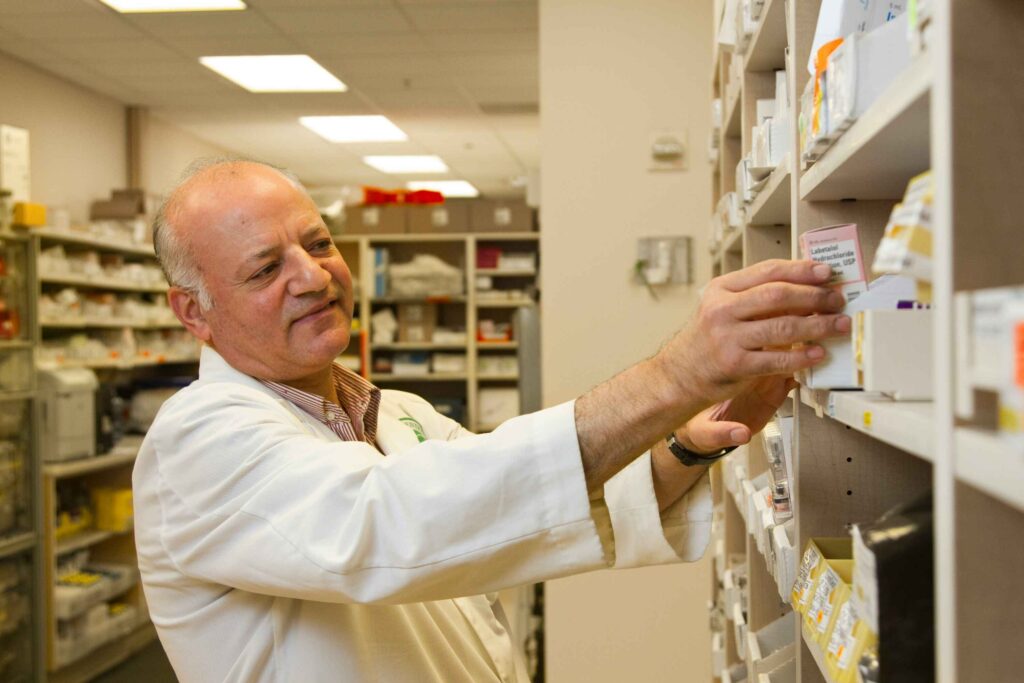Prostate cancer is the most common cancer among men in the United States. Early detection can be crucial for successful treatment. This article explores prostate cancer screening, including the ideal age to start—the benefits and drawbacks, and what to expect during the Prostate exam.
When to Consider Prostate Exam
The decision to undergo prostate screening is complex and requires a conversation with your doctor. Here’s a breakdown of key factors:
- Age 40-44: Men with a family history of prostate cancer, African American descent, or known genetic mutations (BRCA1 or BRCA2) should discuss screening with their doctor at this age.
- At Age 45-54: Even without established risk factors, men in this age group can discuss screening options with their healthcare provider.
- Age 55-69: The U.S. Preventive Services Task Force (USPSTF) recommends talking to your doctor about a prostate-specific antigen (PSA) test during this age range. You’ll weigh the potential benefits and risks of screening together before making a decision.
- Age 70 and Above: Routine screening is generally not advised for this age group due to potential downsides.
Pros
- Early Detection: May detect prostate cancer early, leading to better treatment outcomes and potentially saving lives.
- Peace of Mind: Regular screening can provide peace of mind for men concerned about prostate cancer risk.
Cons
- False Positives: Elevated PSA levels can be misleading, leading to unnecessary anxiety, additional tests, and potential complications.
- Overdiagnosis: Some slow-growing cancers may not pose a health threat but could be treated, leading to side effects.
- Treatment Side Effects: Treatments for prostate cancer can have side effects like impotence and urinary incontinence.

The Prostate Exam Procedure
If you choose to proceed with prostate screening, here’s what to expect:
- PSA Blood Test: This simple blood test measures the level of prostate-specific antigen in your blood. An elevated PSA can suggest prostate problems, but further evaluation is needed for diagnosis.
- Digital Rectal Exam (DRE): During this exam, the doctor inserts a gloved and lubricated finger into your rectum to feel for abnormalities in the prostate gland.
Results and Follow-up
- Normal Results: If both the PSA test and DRE are normal, your doctor will recommend a follow-up schedule based on your age and PSA level.
- Abnormal Results: Your doctor may recommend further tests like biopsies to confirm or rule out cancer depending on the specific results.
Conclusion
Prostate cancer screening is a personal decision. By understanding your risk factors, discussing the pros and cons with your doctor, and knowing what to expect during the exam, you can make an informed choice about your health.
Additional Tips
- Don’t hesitate to ask your doctor questions and voice any concerns you may have.
- Maintain a healthy lifestyle to reduce your risk of prostate cancer potentially.
- Be aware of potential symptoms of prostate issues, such as frequent urination or blood in the urine, and consult your doctor if you experience any.
